Latest Articles about Energy
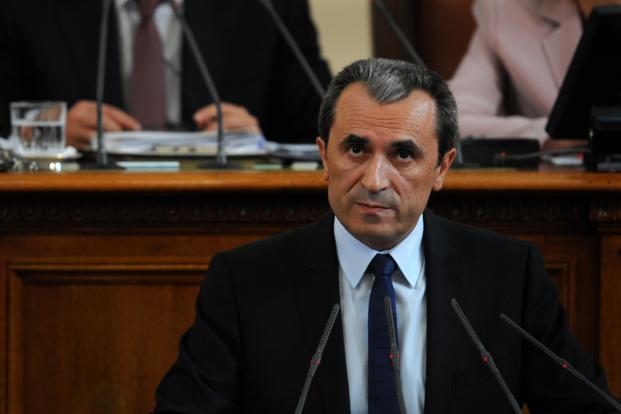
South Stream Brings Down Bulgaria’s Government
Bulgaria is heading for new parliamentary elections as the troubled governing coalition fell apart one year into its mandate. This development was not caused by the daily anti-government protests that have continued for over a year. Indeed, the ruling elite has paid little attention to... MORE
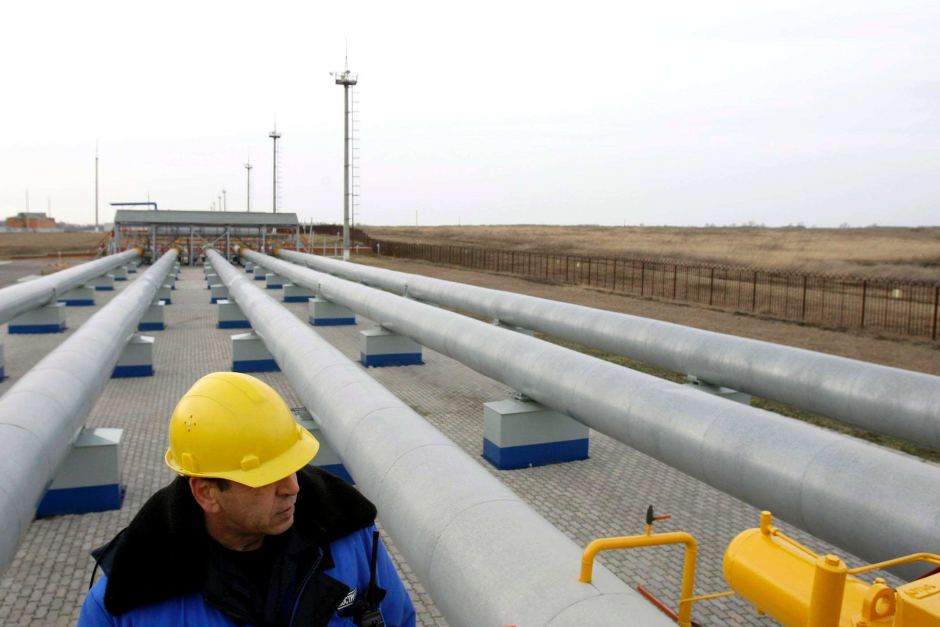
Ukraine Responds to Russia’s Suspension of Gas Supplies
Following Russian President Vladimir Putin’s warnings, Gazprom has fully halted natural gas supplies to Ukraine since June 16, citing debts calculated by Moscow for past deliveries of gas to Ukraine (see EDM, June 19). The Ukrainian government views Gazprom’s move in the broader context of... MORE
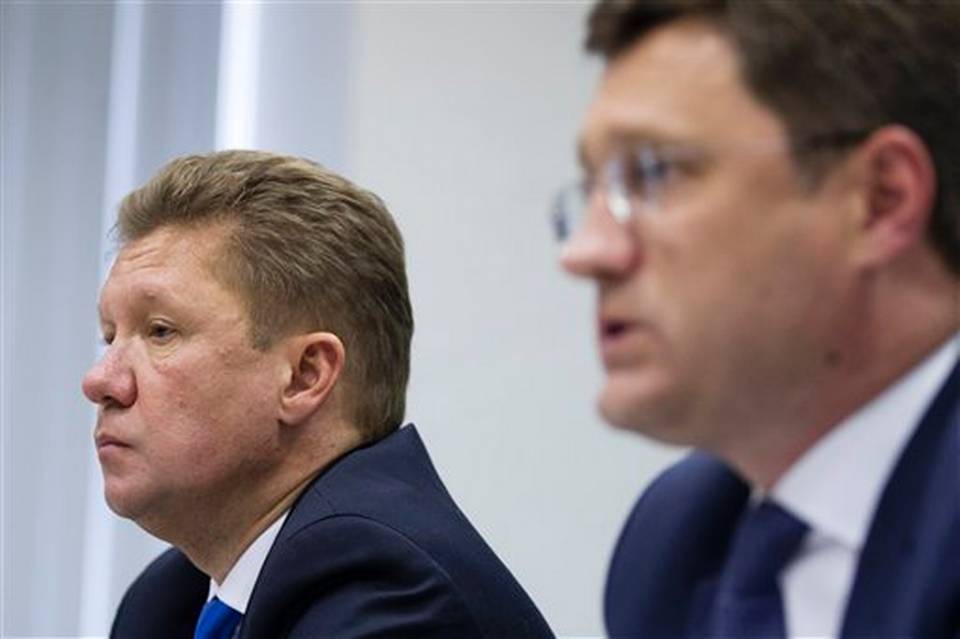
Russia Suspends Natural Gas Supplies to Ukraine
On June 16, Russia suspended natural gas supplies to Ukraine over non-payment of debts for supplies already delivered. Russia would resume the supplies on condition that Ukraine pays in advance for any gas volume that it would request to import from Russia (pre-payment). On that... MORE

Business and Politics in the South China Sea: Explaining HYSY 981’s Foray into Disputed Waters
At 9:00 A.M. on May 9, 2012, Chinese executives and government officials gathered at the headquarters of China National Offshore Oil Corporation (CNOOC) to celebrate the commencement of drilling by HYSY981, the country’s first home-grown deepwater semisubmersible drilling platform. The guests included representatives of the... MORE
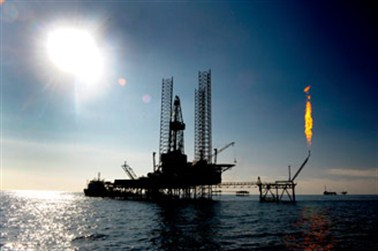
Can the Ukrainian Crisis Assist in Channeling Azerbaijani Gas to Europe?
The latest Russia-Ukraine crisis has once again revealed the fragility of the energy security environment in Central and Eastern Europe. In particular, Russia’s repeated threats to cut its natural gas supplies, which transit through Ukraine, put pressure on European consumers dependent on Russia’s energy exports.... MORE
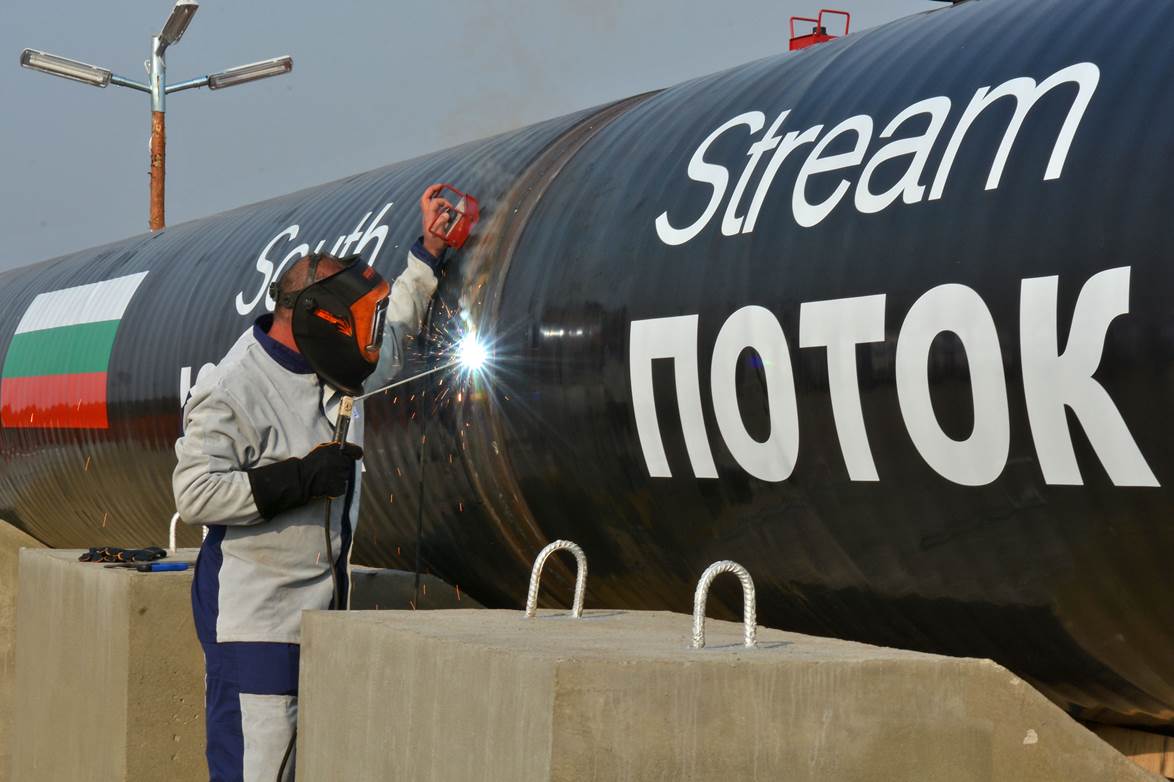
Bulgaria Suspends South Stream as the Ruling Coalition Falls Apart
Bulgarian Prime Minister Plamen Oresharski has suspended all activities related to the disputed South Stream natural gas pipeline project until his government reaches an agreement with Brussels that would be compliant with European Union laws. The Russian-led pipeline project is designed to bypass Ukraine as... MORE

The Energy Context behind China’s Drilling Rig in the South China Sea
On May 3 China placed the Haiyang Shiyou 981 deep water semi-submersible drilling rig 119nm off the coast of Vietnam and 180nm from Hainan Island. The rig lies 17nm from Triton Island, part of the Paracel islands that China occupied by force from then South... MORE

Russian Oil to Feature in Baku-Tbilisi-Ceyhan Pipeline—Circumventing Possible Sanctions?
In a surprising turnaround of previous policy, Russia’s Lukoil announced on May 16 that its oil will soon be delivered to Europe via the 1,093-mile-long, 1.2 million-barrel-per-day Baku-Tbilisi-Ceyhan (BTC) oil pipeline. The BTC pipeline transports oil from Azerbaijan’s offshore Caspian Azeri-Chirag-Guneshli oil field, via Baku’s... MORE
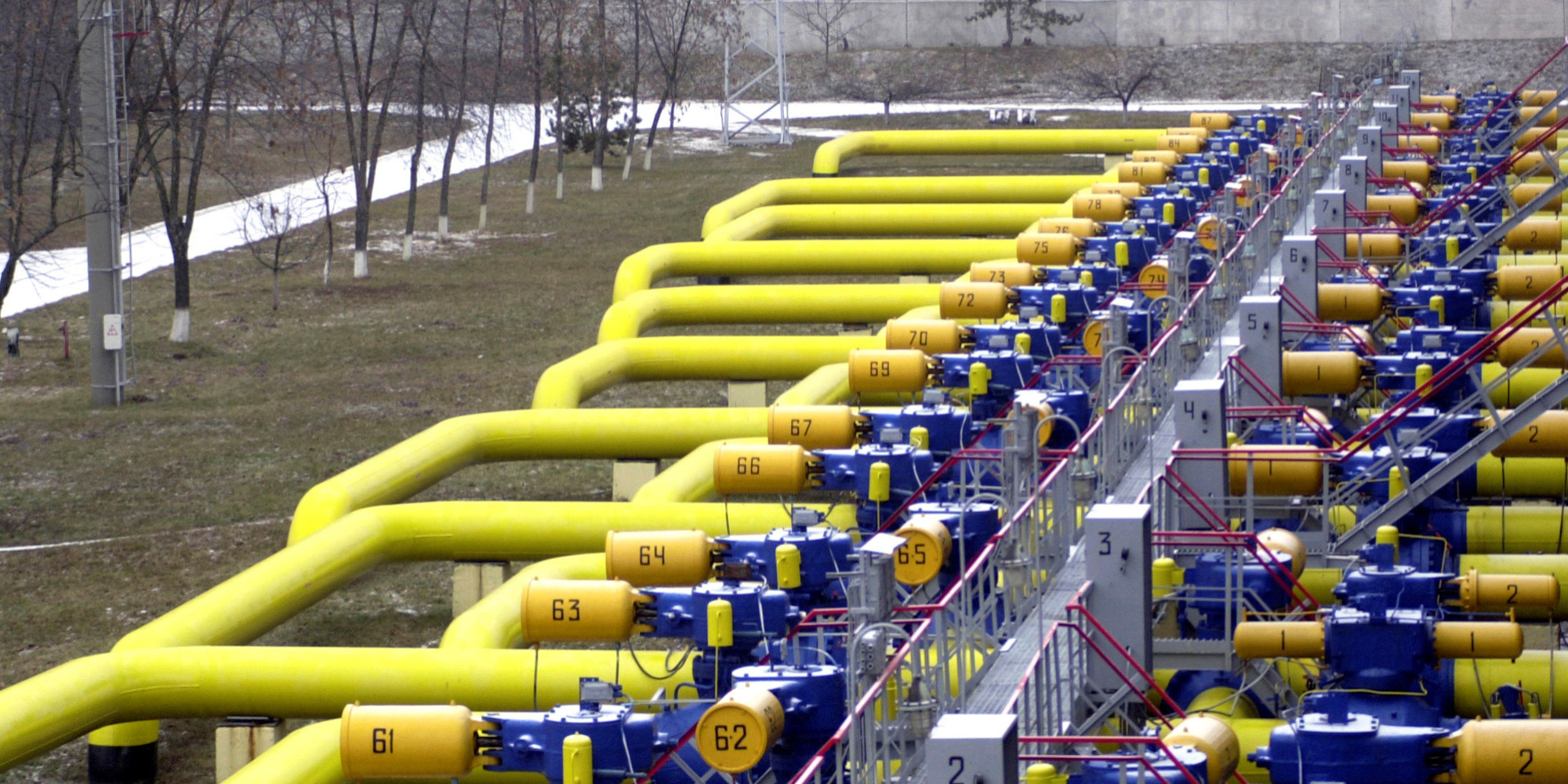
IMF Approves $17 Billion Loan for Ukraine
On April 30, the board of the International Monetary Fund (IMF) approved a new $17 billion loan for Ukraine, which will be disbursed over two years. Ukraine received the first tranche of this loan, equaling $3.2 billion, on May 6. The government will be able... MORE

South Stream: Bypassing Ukraine and Dividing the EU
While Washington and Brussels are imposing more sanctions against Russia for destabilizing eastern Ukraine, the Kremlin is retaliating by deepening divisions within the European Union through the prospective South Stream natural gas pipeline. On April 17, the European parliament adopted a resolution stating that the... MORE